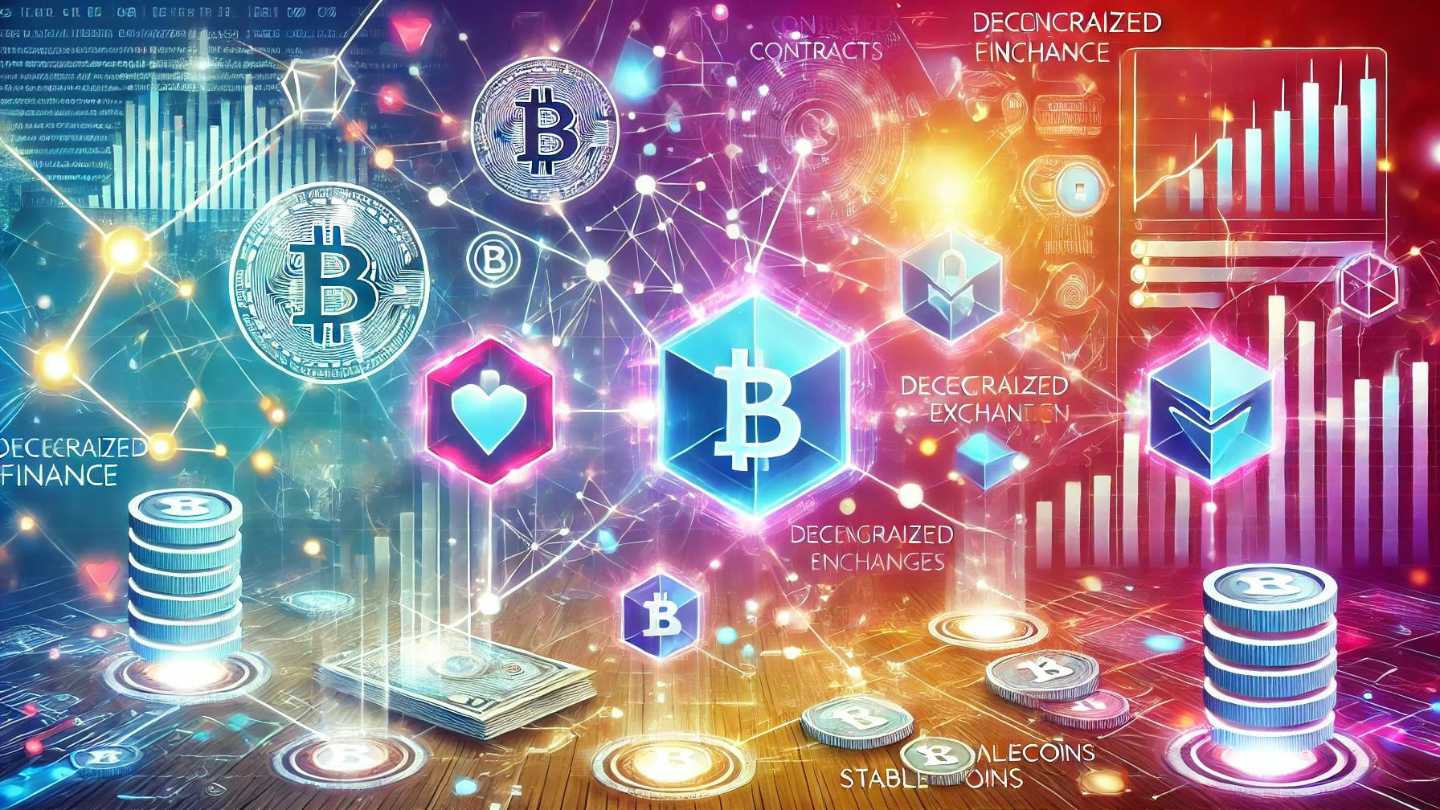In the rapidly evolving world of cryptocurrency, Decentralized Finance (DeFi) has emerged as a revolutionary force. Offering an alternative to traditional financial systems, DeFi leverages blockchain technology to create an open and permissionless financial ecosystem. This article explores the rise of DeFi, its core concepts, benefits, and the challenges it faces as it continues to grow.
Understanding DeFi
DeFi refers to a set of financial services built on blockchain technology, primarily on Ethereum, that aim to democratize access to financial products and services. Unlike traditional finance, which relies on centralized institutions like banks and exchanges, DeFi operates without intermediaries. It uses smart contracts—self-executing contracts with the terms of the agreement directly written into code—to facilitate transactions.
Key Components of DeFi
Decentralized Exchanges (DEXs): Platforms like Uniswap and SushiSwap allow users to trade cryptocurrencies directly with one another without the need for a centralized exchange. These exchanges use automated market-making (AMM) algorithms to ensure liquidity.
Lending and Borrowing Platforms: Services like Aave and Compound enable users to lend their crypto assets and earn interest or borrow against their holdings. These platforms use smart contracts to automate the process, removing the need for traditional credit checks.
Stablecoins: Cryptocurrencies like DAI and USDC are designed to maintain a stable value by being pegged to a reserve asset, such as the US dollar. Stablecoins are crucial in DeFi for minimizing volatility and facilitating transactions.
Yield Farming and Liquidity Mining: Users can earn rewards by providing liquidity to DeFi protocols or staking their assets. This process, known as yield farming or liquidity mining, has become a popular way to generate passive income.
Insurance: DeFi insurance platforms like Nexus Mutual offer coverage against risks such as smart contract failures and exchange hacks, providing an additional layer of security for users.
Benefits of DeFi
Accessibility: DeFi provides financial services to anyone with an internet connection, regardless of their location or background. This inclusivity is particularly beneficial for the unbanked and underbanked populations.
Transparency: All transactions and smart contracts are recorded on the blockchain, ensuring full transparency and auditability. This reduces the risk of fraud and corruption.
Control and Ownership: Users retain full control over their assets, eliminating the need to trust third parties. This self-custody model reduces the risk of loss due to mismanagement or insolvency of financial institutions.
Innovation and Flexibility: The open-source nature of DeFi protocols encourages innovation and rapid development. Developers can create new financial products and services, offering users a wide range of options.
Challenges and Risks
Security Vulnerabilities: Despite their potential, smart contracts are not immune to bugs and vulnerabilities. Hacks and exploits have resulted in significant financial losses, highlighting the need for robust security measures.
Regulatory Uncertainty: The regulatory environment for DeFi is still evolving. Governments and regulatory bodies are grappling with how to oversee and regulate decentralized platforms, which can create uncertainty for users and developers.
Scalability Issues: Many DeFi applications are built on Ethereum, which has faced scalability challenges. High gas fees and network congestion can hinder the user experience and limit the growth of DeFi.
Market Volatility: While stablecoins mitigate some volatility, the broader cryptocurrency market remains highly volatile. This can impact the value of assets within DeFi protocols and pose risks for users.
The Future of DeFi
DeFi is poised to transform the financial landscape by offering a more inclusive, transparent, and efficient alternative to traditional finance. As technology advances and the ecosystem matures, we can expect to see further innovations and increased adoption. However, addressing the challenges and risks associated with DeFi will be crucial for its sustainable growth.
In conclusion, Decentralized Finance represents the next big thing in crypto, promising to revolutionize the way we interact with financial systems. By understanding its core concepts, benefits, and challenges, we can better appreciate the potential impact of DeFi on the future of finance.













